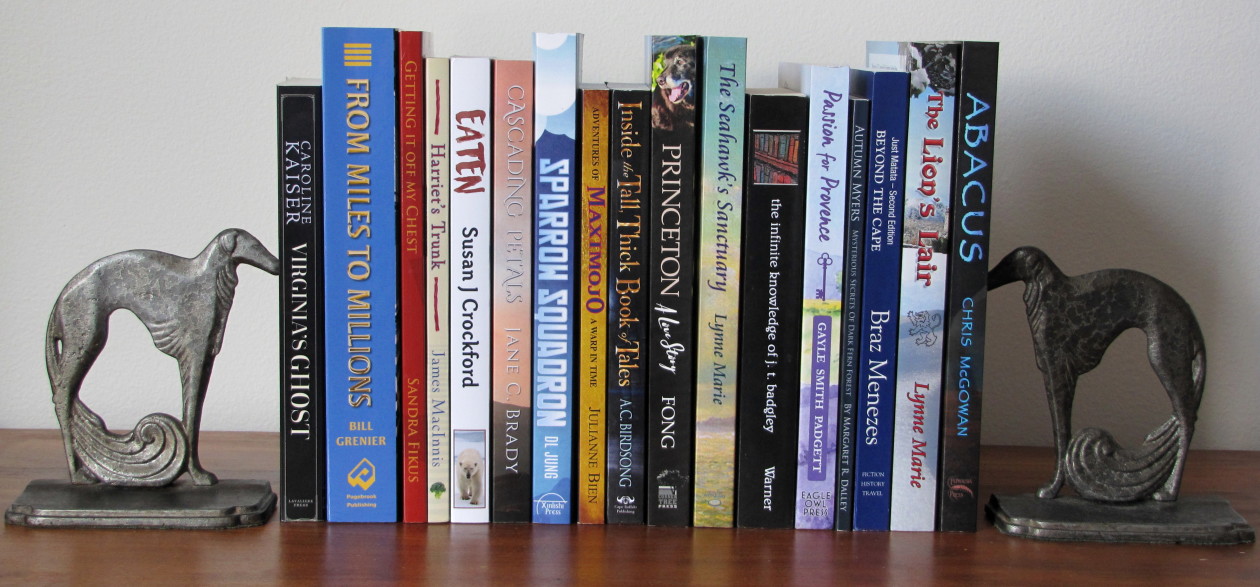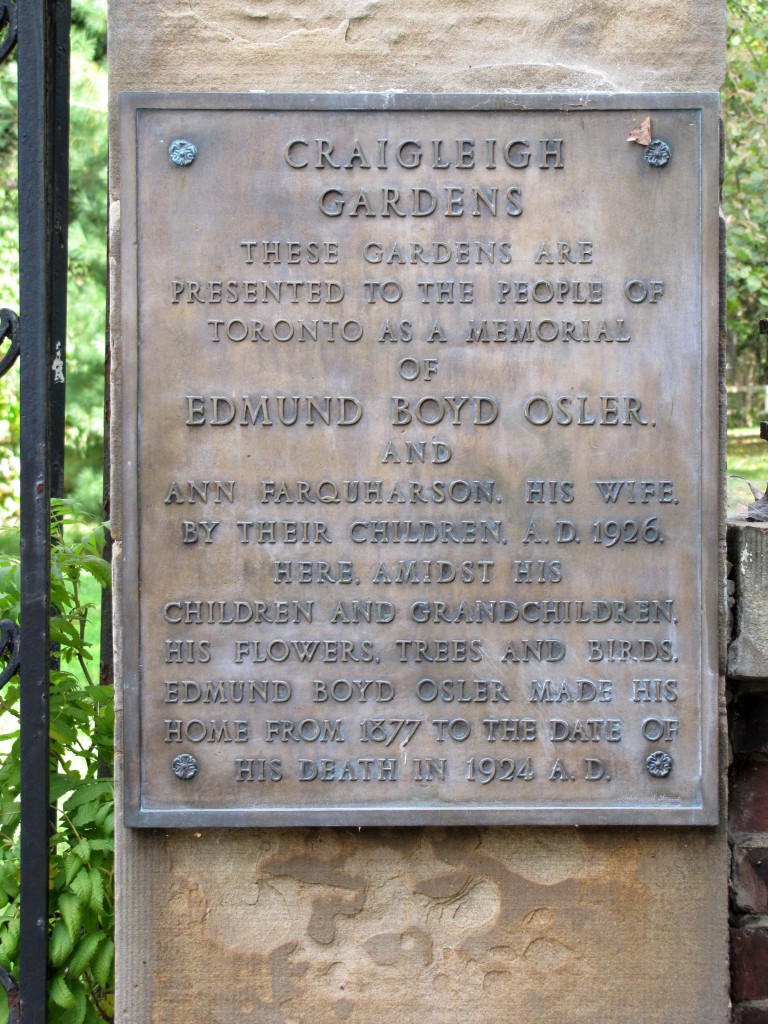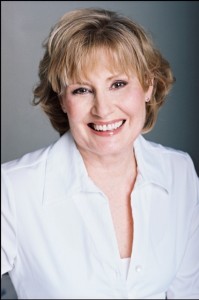A client mentioned recently that she has a thirty-dollar monthly subscription to a certain popular website that promises to check your spelling, grammar, punctuation, style, and word choice for you. I should say at the outset that I’m biased and tend to turn up my nose at sites like these; I don’t imagine that they have a hope of ever replacing me or my editor colleagues, so I don’t lose any sleep over the fact of their existence. Feeling a little mischievous, I thought it would be entertaining to run an experiment to see exactly how accurate my client’s grammar-checking site really is. I signed up for the free seven-day trial and wracked my brains to come up with some excruciatingly bad text. This is what I submitted to the grammar checker for assessment:
The lion tapped his crown and screamed quietly, now that Im kind of the forest, I’m kinda loosing my mine.
Your majesty, with all due respect, their is no kneed to carry on in this fashion, felicia robinson his advisor said patiently. Its not appropriate. Yew have had plenty of time to get used to our knew roll, four you have been king of the forest for quiet some time. The time for complaining has past, you must except your responsibilities more better than you have bin doing
Bee that as it may the lion inserted boldly, but I am not pre-pared. And when am I two have time to eat steak, eggs, and peanut-butter.
My text had a grand total of thirty errors, and the grammar checker found just ten of them. Yes, it knew that losing and prepared were spelled wrong, and it realized that certain homophones were the wrong ones, like their and yew. And it picked up a comma splice and the improper comparative more better.
But on the whole, it performed dismally. Yes, it did find a number of the misused homophones, but it missed others such as past, bee, and four. So much for the “contextual spelling check.” And although it claims to be concerned with word choice, it completely missed screamed quietly in the first line, and it seemed to think that inserted was fine when asserted was what I meant. Its grasp of punctuation was abysmal, as it didn’t seem to know that my passage included dialogue and therefore needed quotation marks. Nor did it realize that the last sentence was a question and required a question mark at the end, or that Im needed an apostrophe. And sadly, it missed that peanut butter isn’t hyphenated.
Possibly worse than the things it missed was the wrong advice it gave me. It told me that in be (okay, I did write bee) that as it may the may should be maybe, dismissed my use of the pronoun you as improper in academic writing (not that the nonsense I fed it could be deemed in any way academic), and dissed my use of and at the beginning of a sentence. It called its not appropriate a sentence fragment, failing to recognize that all that was needed to make it a proper sentence was an apostrophe in the first word. It didn’t recognize that felicia robinson was a proper name that simply required capitals; instead it told me that the words were actually misspelled. I was taken to task for using kind of (which was actually a typo–from the context it should have been apparent that I meant king of), yet it somehow missed kinda in the same sentence.
Okay, I admit that the test I gave it was tricky; I threw everything I could think of at it with the intention of messing with its so-called mind. Perhaps I was unnecessarily cruel to the poor thing. But all the types of errors I threw at it are certainly common enough in manuscripts; they’re just usually not present in such mind-twisting quantities.
Should you as a writer rely on grammar-checking websites? Absolutely not. Though they may offer interesting tidbits of information about grammatical rules in their analyses, they can’t even begin to grasp subtle or even not-so-subtle contextual issues, so they will miss a good portion of the errors–two-thirds, if you go by my results–and can misinterpret that which is actually correct. If you are really concerned about accuracy, you need the judgment of an actual human being, and there is simply no substitute for a good editor.

 Follow
Follow


